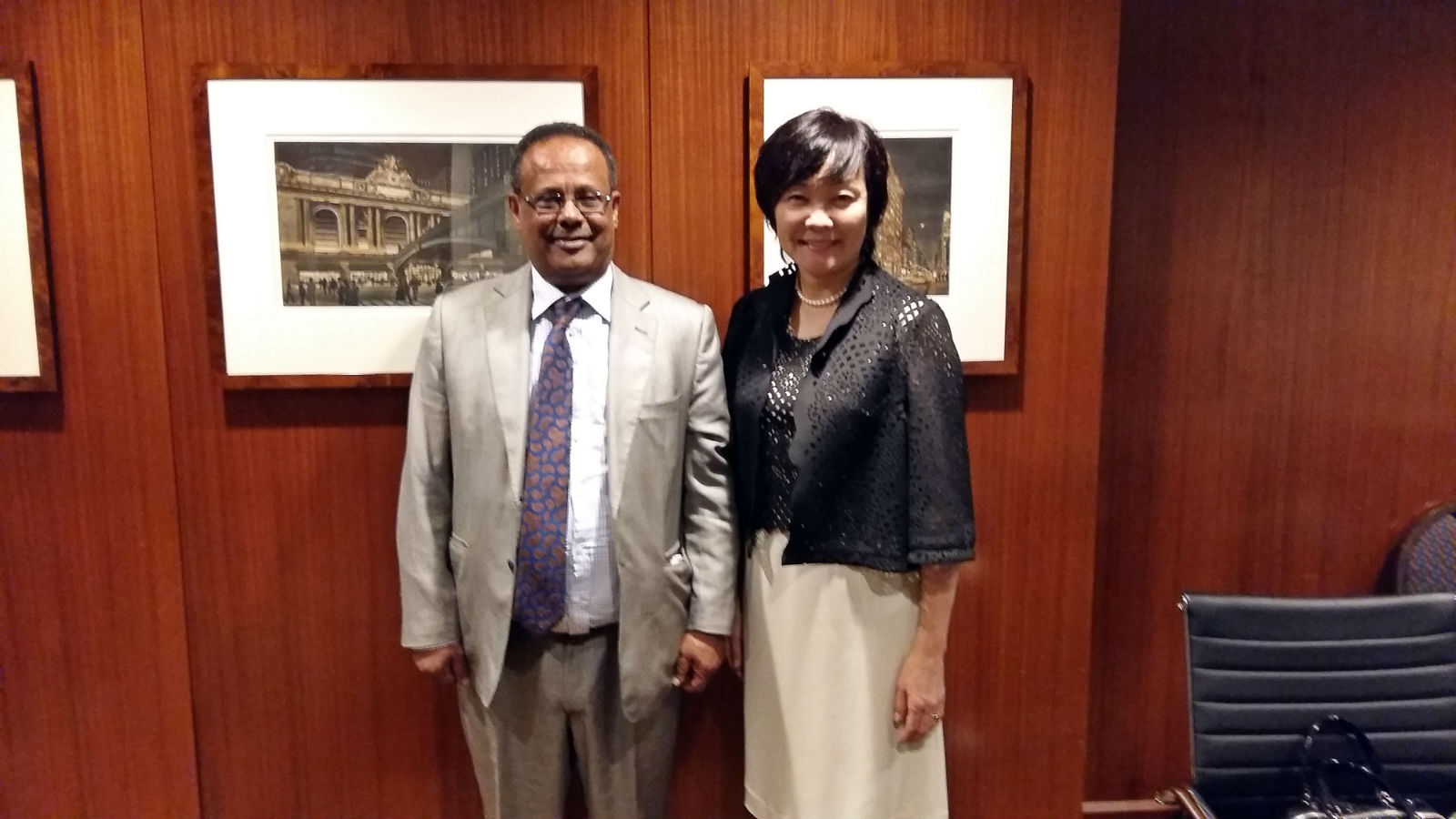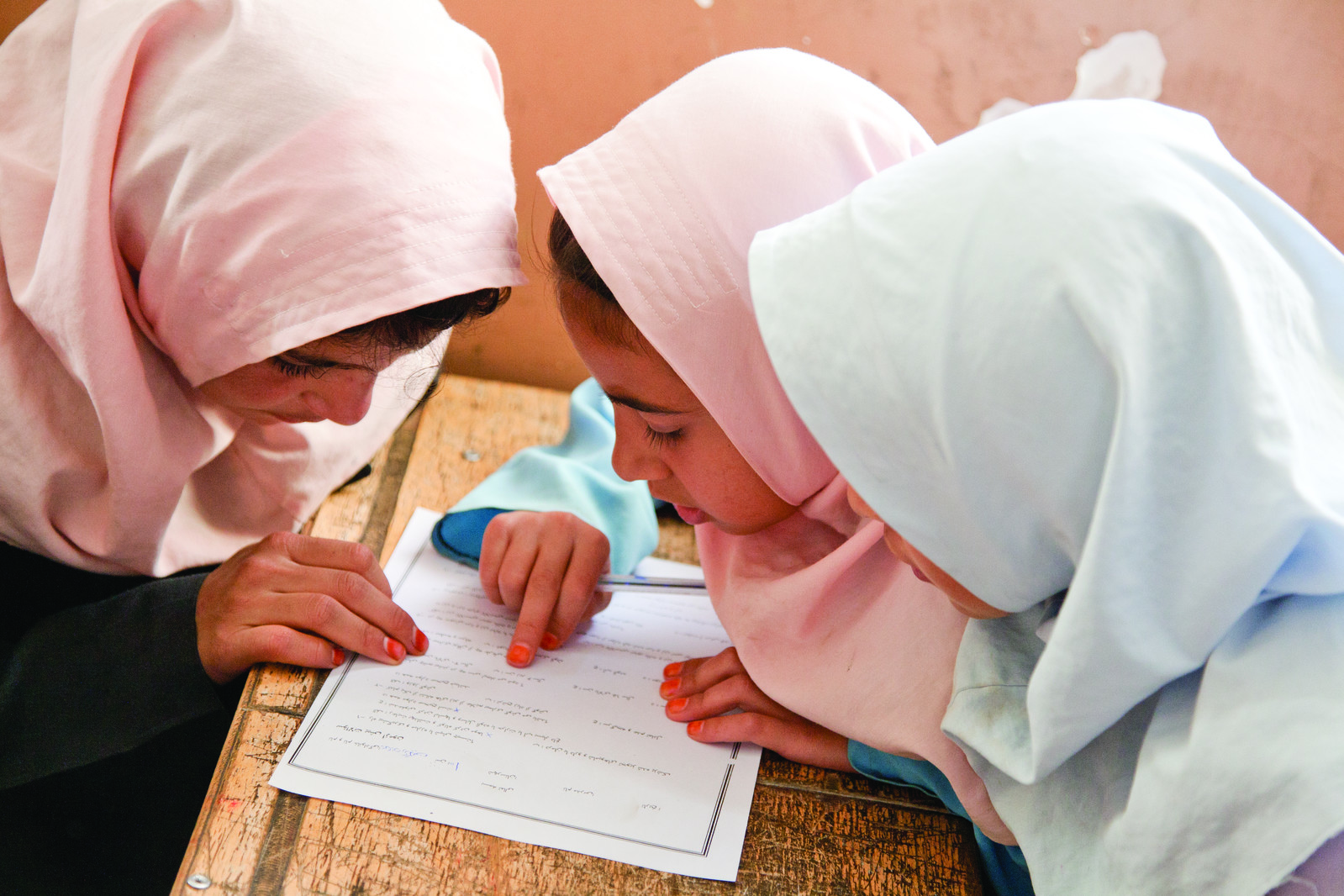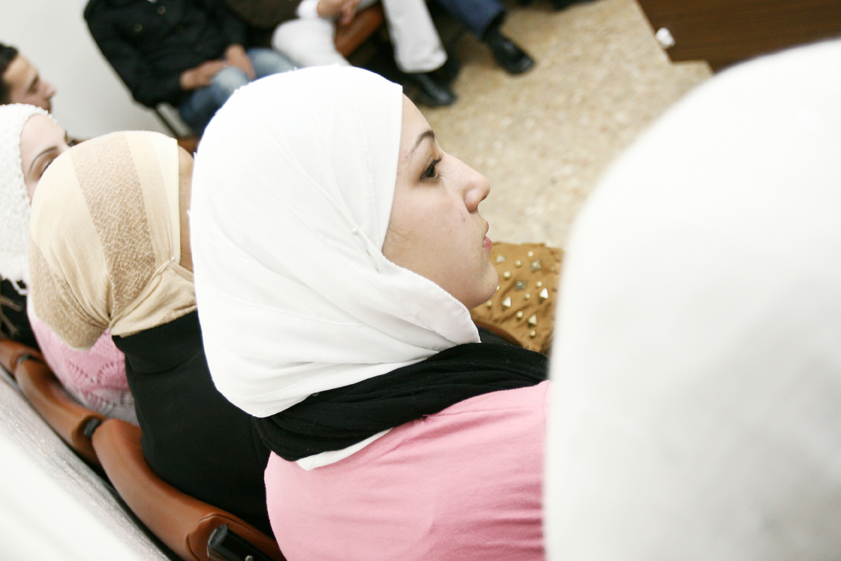| 20 October 2016
Let’s accelerate change for rights, power and opportunities for every girl around the world
The International Planned Parenthood Federation (IPPF) welcomes United Nations Population Fund’s 2016 State of the World’s Population (SWOP) report ‘10’’ on the future for young girls at age ten. The human rights of girls across social, economic and political life are deeply intertwined and indivisible. Girls are often left behind, given no voice or an opportunity to aspire for a future. There is no denying that this is the story for many girls in both developing and developed nations around the world. UNFPA’s report demonstrates clearly how the lives of young girls can be changed at the age of 10. It highlights how gender norms for girls can lead to early and forced marriage and having children far too early. Tewodros Melesse, Director General of International Planned Parenthood Federation, said in response to the launch of the UNFPA report today. “Early marriage reduces girls’ access to education, and anticipation of an early marriage often prevents secondary education for girls. When a girl is not able to go to school and receive an education, there is a knock‑on effect on her future work opportunities and also her health. This not only impacts on the individual lives of girls, but also perpetuates systemic gender inequalities where the rights of girls are valued less than that of boys. This is a vicious cycle we have to break. Young girls are a big focus for the Federation. We also work with all those who can help make the shifts that are needed so a girl can decide her own future both freely and safely. Our comprehensive sexuality education is progressive and part of our package of rights-based interventions available through our Member Associations to tackle gender norms but also empower girls in their communities. IPPF puts girls first and the center of what we do. By respecting and fulfilling their right to high quality services. We stand for girls by supporting them in making their own decisions related to their rights, sexuality and pregnancy. We work not only to amplify their voice, but to have them involved, build their resilience and take control of their own destinies. Over the past decade, we have made significant progress to advance girls’ rights to education, health, and security. But we only have to look at the facts to know that more changes are needed. As UNFPA’s report demonstrates, we need to look towards the future and with a positive frame. By protecting girls, giving them access to services and education they will be able to build their own futures as a basic human right. Let’s not turn our backs but accelerate change for better rights, power and opportunities for every girl around the world.”

| 07 October 2016
IPPF welcomes new UN Secretary General
Excellency António Manuel de Oliveira Guterres, I am writing to you to today on behalf of our 152 national Member Associations, and the millions of staff and volunteers that work for the International Planned Parenthood Federation in over 172 countries. We would like to congratulate you on your appointment as the ninth Secretary General of the United Nations, and express our commitment to working with you and the United Nations system throughout your term. As the largest civil society organization working in the area of sexual and reproductive health and rights, we collaborate with United Nations in the advancement of this critical agenda. We believe that a close and constructive relationship with you and your team will continue the development of an enabling environment for the provision of life-saving services, the promotion of gender equality and the realization of all human rights and fundamental freedoms for all. With the world in the first stages of the implementation of the 2030 Agenda, your leadership in the area of sustainable people-centered development is critical; a human rights based approach, gender equality and the realization of sexual and reproductive health and rights is central to achieving progress under all of the sustainable development goals and targets. We encourage you to ensure that these issues remain priorities for you and the United Nations and offer our support to do so. With your leadership and support, we will be able to ensure that all women and girls have access to family planning services, can live free from violence and are able and empowered to participate fully in the life of their communities. As an organization working for gender equality we were delighted to hear you pledge to ensure gender parity at the UN and your promise to work for the promotion, protection and respect of women’s rights. I, alongside IPPF Member Associations and partners, stand ready to work with you in your new role and to set in place the programs and initiatives that will ensure 2030 Agenda is fully implemented. Working together, we can achieve the ambitious goals that the global community set just one year ago, and ensure that truly no one is left behind. Yours sincerely, Tewodros Melesse Director General

| 21 September 2016
Japan’s First Lady and IPPF together for a world without discrimination
Japan’s First Lady, Her Excellency Mrs Akie Abe, and IPPF’s Director General Tewodros Melesse have agreed on the need to continue the fight to strengthen women’s health and rights, in a High Level Meeting in the margins of the UN General Assembly 2016 in New York. Japan is a strong supporter of IPPF’s work in the area of sexual and reproductive health and rights, and Mrs Abe has a personal commitment to improving the lives of women through her work with the World Assembly of Women (WAW), an initiative launched by her husband His Excellency Mr Shinzo Abe, the Prime Minister of Japan, in 2014 to create a society where women shine. Mrs Abe has spoken before about the need to tackle discrimination against disenfranchised communities, and noted again in her meeting with Mr Melesse the discrimination faced by the LGBTQI community. Mr Melesse said: “Mrs Abe is a tireless supporter of the rights of women and communities which face discrimination, such as the LGBTQI community. IPPF and Mrs Abe share the goal of empowering women and building a world without discrimination. I look forward very much to working more closely with Mrs Abe in the future.”

| 06 September 2016
IPPF responds to the launch of UNESCO’s Global Education Monitoring Report
IPPF welcomes UNESCO’s 2016 Global Education Monitoring Report (GEMR) launched today, which sheds stark light on how off track we are in meeting education targets adopted as part of the Sustainable Development Goals (SDGs) only a year ago. Education is a powerful tool to empower girls and is considered a key pathway to future employment and earning. Educated women are more likely to marry later, use family planning and access health care; and to understand their rights and have the self-confidence to act on them.[1] Each additional year of schooling for girls improves their employment prospects, increases future earnings by about 10 per cent and reduces infant mortality by up to 10 per cent.[2] IPPF notes that the GEMR affirms comprehensive sexuality education “as one of the most pressing and universal priorities for the health, well-being and development of young people”. IPPF’s own programmes and research support the central role of CSE in delivering better outcomes for young people [3]; programmes delivered in schools, paired with accessible youth-friendly health services, have been shown to be not only cost-effective, but also cost saving for governments.[4] Evidence shows that education not only plays an important role in preventing negative sexual and reproductive health outcomes, but can also promote gender equality and human rights. There is convincing evidence for governments to invest in CSE that includes a focus on gender, rights and empowerment. Even though there has been progress, with many countries adopting sound policies and scaling up there programming of CSE, implementation is often nowhere near good enough and does not always reach young people who are not in school. As the GEMR shows, measuring progress towards countries’ implementation of CSE is not adequate and initiatives to monitor national implementation of programmes must address the tension between national values and commitment to a global agenda. SDG target 4.7[5] introduces education for global citizenship and sustainable development, explicitly linking education to other Sustainable Development Goals (SDGs), highlighting the transformative aspirations of the new global development agenda. Part of this aspiration must include enabling young people to realize their rights, by challenging and changing social norms, by empowering them, and allowing them to make informed choices about their health. The GEMR launched today sends a loud and clear message to governments around the world. Business as usual will not suffice. In order to respond to the growing education and health gaps that are disproportionately affecting the most marginalized young people across the world, IPPF urges governments to implement high quality sustainable CSE programmes that encompass information and education about sexual and reproductive health, gender, rights and empowerment principles, and that encourage critical thinking in young people. Only then will a transformative development agenda be possible. Read more about IPPF’s position on CSE in our latest policy report: [1] USAID. Op. cit.; United Nations Millennium Project Task Force on Gender Equality (2005) Taking Action: Achieving Gender Equality and Empowering Women. This contributes to their social empowerment and status: Eyben R (2011) Supporting Pathways of Women’s Empowerment: A Brief Guide for International Development Organisations. Pathways Policy Paper. Brighton: Pathways of Women’s Empowerment. [2] World Bank (2002) Opening Doors: Education and the World Bank. Available at Accessed 14 January 2015. [3] IPPF (2016) Everyone’s right to know: delivering comprehensive sexuality education for all young people. [4] UNESCO (2011) Cost and Cost-effectiveness Analysis of School-based Sexuality Education Programmes in Six Countries. Geneva: United Nations Educational, Scientific and Cultural Organization. [5] Target 4.7 states ‘By 2030, ensure that all learners acquire the knowledge and skills needed to promote sustainable development, including, among others, through education for sustainable development and sustainable lifestyles, human rights, gender equality, promotion of a culture of peace and non-violence, global citizenship and appreciation of cultural diversity and of culture’s contribution to sustainable development.’
| 01 July 2016
Ex-IPPFWHR Regional Director wins UN Award
Carmen Barosso, previous Regional Director for IPFPWHR, has been recognised for her dedication to increase sexual and reproductive health care and to empower women to demand their rights. Winning the United Nations Population Award, Camen said that sexual and reproductive health is intextricable from human rights. “Putting sexual and reproductive health and rights at the heart of population and development policies” was a turning point, Ms. Barroso said in her acceptance speech. It helped to “unleash a cultural sea change, a new language, and new ways of thinking.”

| 24 May 2016
IPPF supports Call to Action for protection from Gender- Based violence in crisis
IPPF is supporting the Call to Action on Protection from Gender-Based Violence (GBV) in Emergencies, which aims to fundamentally transform the way GBV is addressed in humanitarian operations via the collective action of numerous partners, each bringing various strengths and capacities to the table. The commitments were presented during a High Level Panel at the World Humanitarian Summit in Istanbul today. On the Call to Action, Tewodros Melesse, IPPF Director General said: ” We cannot allow gender based violence to go ignored. We are seeing the impact when people reach our humanitarian services. We call for others to follow our lead and deliver a prioritised approach that ensures there is a tailored service for those who affected by gender-based violence. This will ensure that those in crisis will get the support and protection they need so no one is left behind”. Women and girls are disproportionately influenced by humanitarian crises exposed to early marriage, trafficking, rape, forced pregnancies, unattended service delivery during complicated pregnancies and delivery. Women and girls are 14 times more likely to die in disaster settings than men. IPPF tailors its programmes to focus on GBV and women and girls. The Call to Action will strengthen a global standard and prioritization for GBV in crisis settings. IPPF has committed to a range of areas for GBV in crisis settings: IPPF Secretariat-wide standard to drive action and accountability on GBV and gender equality in humanitarian service delivery. Develop a tailored minimal sexuality education programme that is responsive to the needs of people living in crisis settings, recognizing the additional risks of early marriage, and sexual violence All IPPF local Member Associations implement GBV and/or gender equality interventions that are based on assessment and planning processes. IPPF targets to deploy its regional and local GBV experts within 72 hours of a major crisis







